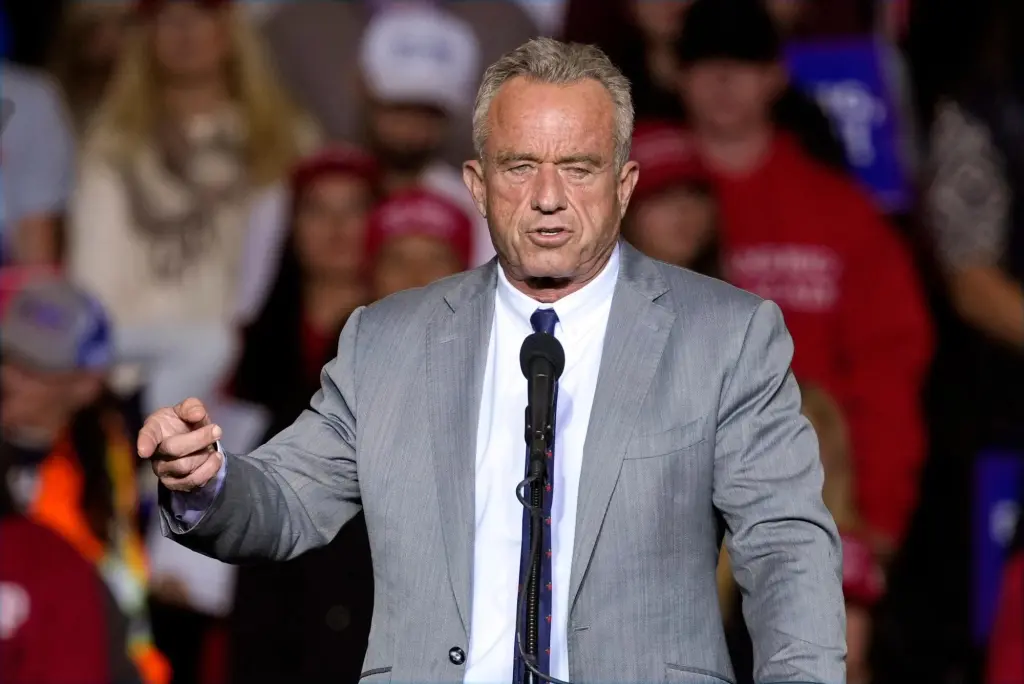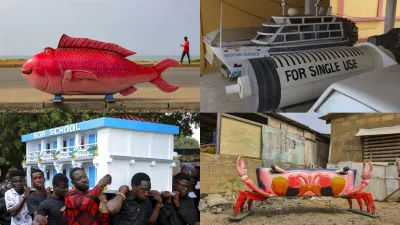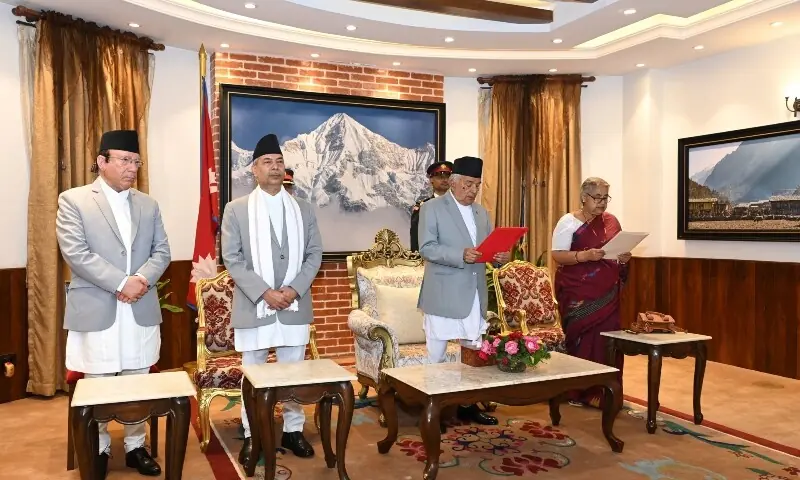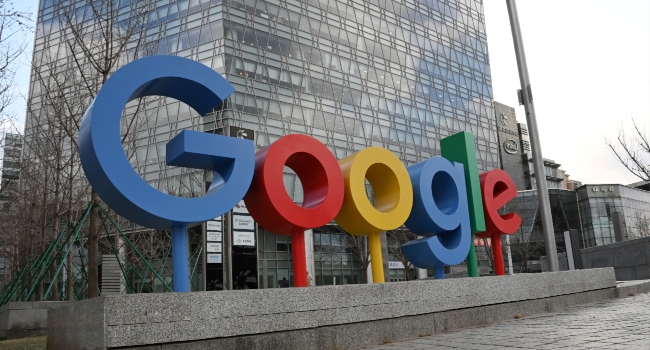
Armstrong Williams raises the right questions in his defense of Robert Kennedy, Jr. (“Armstrong Williams: RFK Jr. challenges the failing heath status quo,” Sept. 8). There is “settled science” in health care yet it has become miscast by those in power to serve political ends. He closes by observing, “He (Kennedy) is putting the health of Americans first and is questioning traditional scientific dogma.”
The author’s focus may easily have been more broad.
The United States health care system, in its entirety, deserves a thorough review based on its performance. Consistent with other studies, The Commonwealth Fund’s 2024 “Mirror, Mirror” report ranked the U.S. last in overall system performance among 10 high-income countries for health equity, access and outcomes despite the U.S. spending the most on health care.
Those currently benefitting by the system will, of course, deflect and defend, but the facts reveal the harsh reality: We spend the most and get the least!
Our health care “system” is hardly a century old and has evolved piecemeal with no consistent vision or goal. It is an accumulation of unrelated political response to immediate problems. Those incremental but uncoordinated changes have earned the results. In fact, it is not a system at all.
It suffers not only from a lack of a vision but also from a bipolar economic orientation. It is, on its surface, a free market (and, to its credit, the data does support that our system ranks first in innovation and scientific advancement) yet, the federal government is both its largest buyer, dictating the prices it will pay, and the regulator of the quality of care provided.
If we want better health outcomes and lower costs for our country, we need a new system with a clear vision and goals designed by impartial experts. Perhaps there is too much entrenched power to accept the obvious, but maybe there is still enough appeal of the twin goals of saving money and improving health that a bipartisan effort could prevail.
Again, the facts are clear, and the right question is, “What will we do?”
— Michael MacKay, Lutherville



